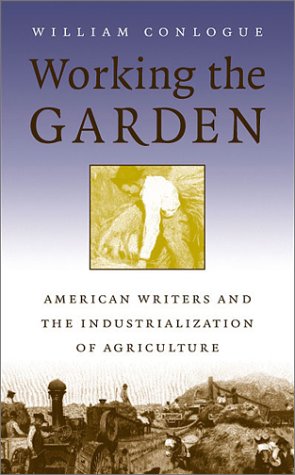

Most ebook files are in PDF format, so you can easily read them using various software such as Foxit Reader or directly on the Google Chrome browser.
Some ebook files are released by publishers in other formats such as .awz, .mobi, .epub, .fb2, etc. You may need to install specific software to read these formats on mobile/PC, such as Calibre.
Please read the tutorial at this link: https://ebookbell.com/faq
We offer FREE conversion to the popular formats you request; however, this may take some time. Therefore, right after payment, please email us, and we will try to provide the service as quickly as possible.
For some exceptional file formats or broken links (if any), please refrain from opening any disputes. Instead, email us first, and we will try to assist within a maximum of 6 hours.
EbookBell Team

4.7
86 reviewsThe changes wrought by the decline of family farming and the rise of industrial agribusiness typically have been viewed through historical, economic, and political lenses. William Conlogue argues that some of the most vital and incisive debates on the subject have occurred in a site that is perhaps less obvious--literature.
Conlogue refutes the critical tendency to treat farm-centered texts as pastorals, arguing that such an approach overlooks the diverse ways these works explore human relationships to the land. His readings of works by Willa Cather, Ruth Comfort Mitchell, John Steinbeck, Luis Valdez, Ernest Gaines, Jane Smiley, Wendell Berry, and others reveal that, through agricultural narratives, authors have addressed such wide-ranging subjects as the impact of technology on people and land, changing gender roles, environmental destruction, and the exploitation of migrant workers.
In short, Conlogue offers fresh perspectives on how writers confront issues whose site is the farm but whose impact reaches every corner of American society.